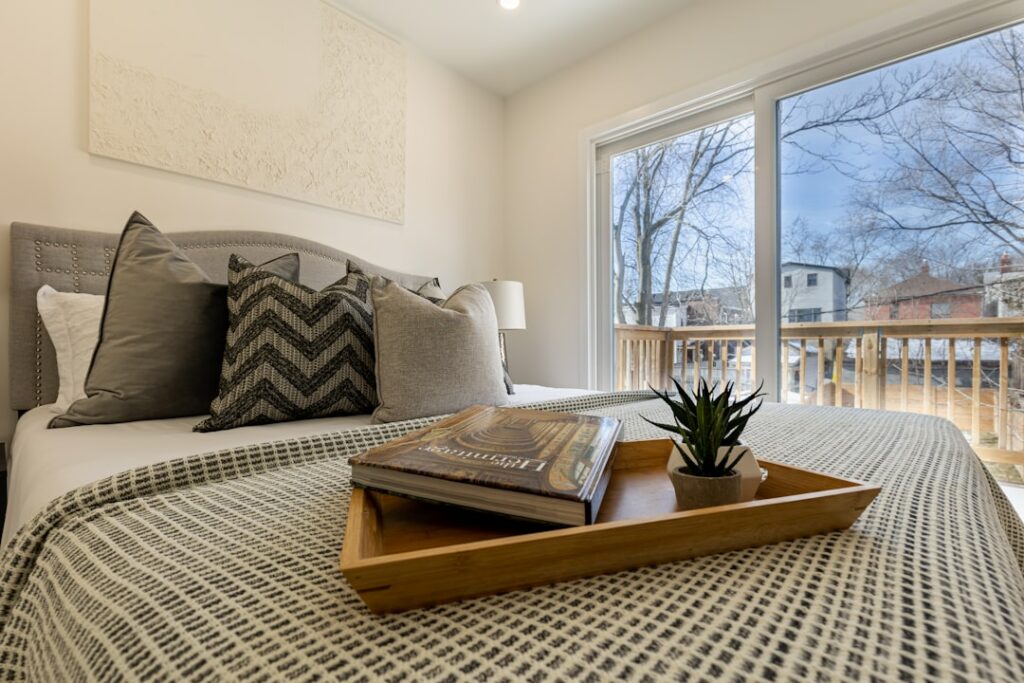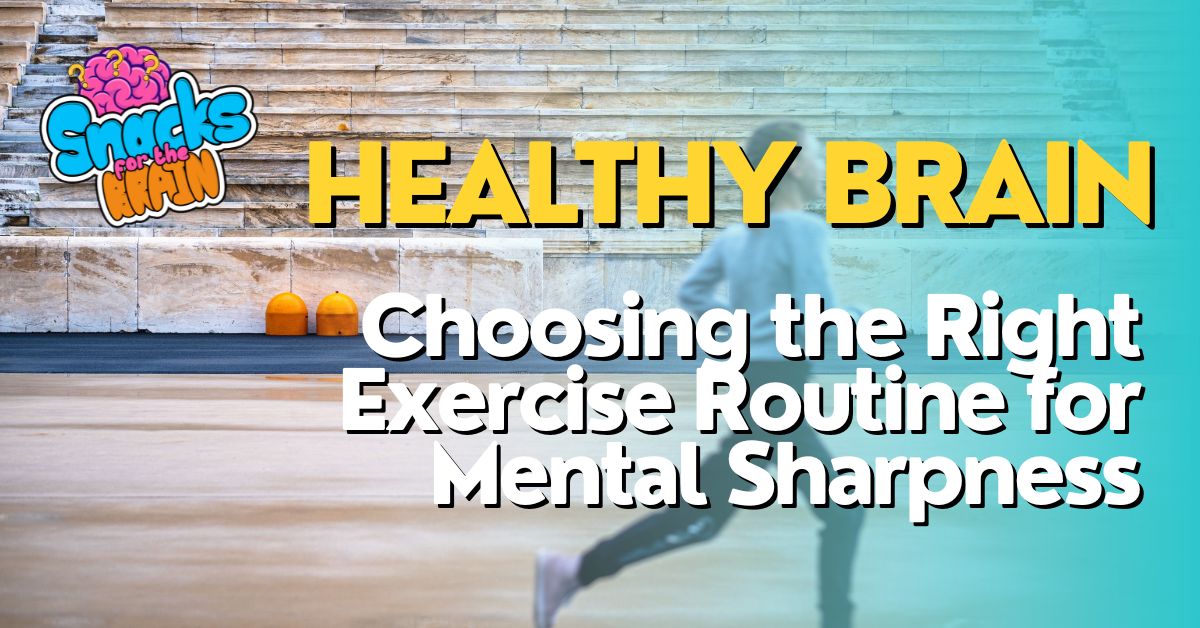Blue light is a type of visible light that has a short wavelength and high energy. It is emitted by the sun, as well as by electronic devices such as smartphones, tablets, computers, and LED lights. While exposure to natural blue light during the day can have positive effects on mood, alertness, and cognitive function, excessive exposure to artificial blue light, especially in the evening and at night, can have detrimental effects on sleep patterns, brain function, and overall health.
The widespread use of electronic devices and artificial lighting has led to an increase in blue light exposure, raising concerns about its potential impact on human health. As a result, researchers have been studying the effects of blue light on various aspects of health and well-being, leading to a growing body of evidence that highlights the need for managing blue light exposure to mitigate its negative effects.
Key Takeaways
- Blue light is a type of light with a short wavelength that is emitted from electronic devices and energy-efficient lighting.
- Exposure to blue light, especially in the evening, can disrupt sleep patterns by suppressing the production of melatonin, a hormone that regulates sleep.
- Blue light exposure can impact brain function by affecting cognitive performance, mood, and alertness, especially when exposed at night.
- Blue light plays a role in regulating circadian rhythms, the body’s internal clock that controls sleep-wake cycles and other physiological processes.
- Strategies for reducing blue light exposure include using blue light filters on electronic devices, limiting screen time before bed, and using warm-toned lighting in the evening.
The Effects of Blue Light on Sleep Patterns
Excessive exposure to blue light, particularly in the evening and at night, can disrupt the body’s natural sleep-wake cycle, also known as the circadian rhythm. Blue light suppresses the production of melatonin, a hormone that regulates sleep and wakefulness, leading to difficulty falling asleep and reduced overall sleep quality. This disruption of the sleep-wake cycle can have far-reaching effects on physical and mental health, including increased risk of obesity, diabetes, cardiovascular disease, and mood disorders.
Research has shown that exposure to blue light from electronic devices in the evening can delay the onset of melatonin production, leading to a later bedtime and disrupted sleep patterns. This is particularly concerning for individuals who use electronic devices before bedtime, as the prolonged exposure to blue light can interfere with the body’s natural ability to wind down and prepare for sleep. As a result, many people experience difficulty falling asleep and may also experience more frequent awakenings during the night, leading to feelings of fatigue and irritability during the day.
Blue Light’s Impact on Brain Function
In addition to its effects on sleep patterns, blue light has been found to impact brain function in various ways. Studies have shown that exposure to blue light can improve alertness, reaction times, and cognitive performance during the day, which is beneficial for activities that require focus and attention. However, prolonged exposure to blue light in the evening can have negative effects on cognitive function, including impairments in memory, attention, and decision-making.
The impact of blue light on brain function is closely tied to its effects on the circadian rhythm and sleep patterns. Disrupted sleep can lead to cognitive deficits, including difficulties with concentration, problem-solving, and learning. Furthermore, the suppression of melatonin production by blue light can affect mood regulation and emotional processing, potentially contributing to symptoms of anxiety and depression.
It is important to note that the effects of blue light on brain function can vary depending on individual sensitivity and exposure levels. While some people may be more susceptible to the negative effects of blue light on cognitive function, others may experience minimal impact. Nevertheless, it is crucial to consider the potential consequences of excessive blue light exposure on brain health and overall well-being.
The Role of Blue Light in Circadian Rhythms
The circadian rhythm is a natural, internal process that regulates the sleep-wake cycle and other physiological processes over a 24-hour period. Exposure to natural light during the day helps synchronize the circadian rhythm, promoting alertness and activity during waking hours and facilitating restful sleep at night. However, artificial sources of blue light can disrupt this natural rhythm, leading to a range of health issues.
Blue light exposure in the evening and at night can confuse the body’s internal clock, signaling that it is still daytime and delaying the onset of melatonin production. This disruption can lead to difficulty falling asleep at a reasonable hour and can contribute to feelings of fatigue and grogginess upon waking. Over time, chronic disruption of the circadian rhythm can increase the risk of developing sleep disorders and other health problems.
In addition to its effects on sleep patterns, the circadian rhythm also influences other physiological processes, including hormone regulation, metabolism, and immune function. Disruption of this internal clock by blue light exposure can have widespread effects on overall health and well-being. Therefore, it is important to consider strategies for managing blue light exposure to support a healthy circadian rhythm and promote optimal health.
Strategies for Reducing Blue Light Exposure
Given the prevalence of electronic devices and artificial lighting in modern society, it may seem challenging to reduce blue light exposure. However, there are several strategies that individuals can implement to minimize the negative effects of blue light on sleep patterns, brain function, and overall health.
One effective strategy is to limit screen time in the evening, especially in the hour or two before bedtime. This can help reduce exposure to artificial blue light and allow the body to naturally wind down in preparation for sleep. Additionally, using «night mode» or «blue light filter» settings on electronic devices can help reduce the amount of blue light emitted in the evening, making it easier for the body to transition into a state of relaxation.
Another approach is to incorporate more natural light exposure during the day, particularly in the morning. Spending time outdoors or near windows can help synchronize the circadian rhythm and promote alertness during waking hours. In addition, using warm-toned or dimmer lighting in the evening can help signal to the body that it is time to prepare for sleep, supporting the natural production of melatonin.
For individuals who rely heavily on electronic devices for work or leisure activities, investing in blue light blocking glasses or screen filters can help reduce exposure to harmful blue light. These tools can be particularly beneficial for individuals who need to use electronic devices in the evening or at night, providing an added layer of protection against the negative effects of blue light on sleep and overall health.
The Relationship Between Blue Light and Mental Health

In recent years, there has been growing interest in understanding the relationship between blue light exposure and mental health. Research has shown that disrupted sleep patterns due to excessive blue light exposure can contribute to symptoms of anxiety and depression. Furthermore, the impact of blue light on brain function and cognitive performance can also influence mood regulation and emotional well-being.
Individuals who experience chronic sleep disturbances due to excessive blue light exposure may be at an increased risk for developing mood disorders. Disrupted sleep can lead to irritability, low energy levels, and difficulties with emotional regulation, all of which are common symptoms of anxiety and depression. Additionally, impaired cognitive function due to blue light exposure can contribute to feelings of frustration and decreased motivation, further impacting mental health.
It is important for individuals to be mindful of their blue light exposure and its potential impact on mental health. By implementing strategies to reduce blue light exposure in the evening and at night, individuals may be able to improve their sleep quality and support better mental well-being. Additionally, seeking professional help if experiencing symptoms of anxiety or depression is crucial for obtaining appropriate support and treatment.
Conclusion and Recommendations for Managing Blue Light Exposure
In conclusion, blue light exposure from electronic devices and artificial lighting can have significant effects on sleep patterns, brain function, circadian rhythms, and mental health. It is important for individuals to be mindful of their blue light exposure and consider implementing strategies to reduce its negative impact. Limiting screen time in the evening, using «night mode» settings on electronic devices, incorporating more natural light exposure during the day, and investing in blue light blocking tools are all effective ways to manage blue light exposure.
Furthermore, prioritizing good sleep hygiene practices such as maintaining a consistent sleep schedule, creating a relaxing bedtime routine, and optimizing sleep environment can also support healthy sleep patterns and mitigate the negative effects of blue light exposure. By taking proactive steps to manage blue light exposure, individuals can promote better sleep quality, cognitive function, circadian rhythms, and mental well-being. Additionally, staying informed about emerging research on blue light exposure and its effects can help individuals make informed decisions about their use of electronic devices and artificial lighting to support overall health and wellness.
Discover more about the fascinating world of brain function and cognitive development in this insightful article on «Developper la Pensée Critique: Techniques de Raisonnement Analytique» from Intelligences N’Hacks. This article delves into the techniques and strategies for enhancing critical thinking skills, providing valuable insights for anyone interested in optimizing their cognitive abilities. Check it out here to expand your knowledge and understanding of cognitive development.
FAQs
What is blue light?
Blue light is a type of visible light with a short wavelength and high energy. It is emitted by the sun, as well as electronic devices such as smartphones, tablets, and computers.
How does blue light affect sleep?
Exposure to blue light, especially in the evening, can disrupt the body’s natural sleep-wake cycle by suppressing the production of melatonin, a hormone that regulates sleep. This can lead to difficulty falling asleep and poor sleep quality.
What are the effects of blue light exposure on brain function?
Blue light exposure has been linked to negative effects on cognitive function, including decreased attention, memory, and reaction time. Prolonged exposure to blue light may also contribute to an increased risk of developing neurodegenerative diseases.
How can I reduce my exposure to blue light?
To reduce blue light exposure, you can use blue light blocking glasses, install blue light filters on electronic devices, and limit screen time, especially in the hours leading up to bedtime. Additionally, spending time outdoors during the day can help regulate your body’s natural sleep-wake cycle.





